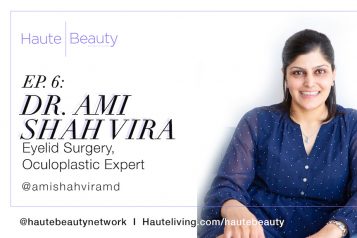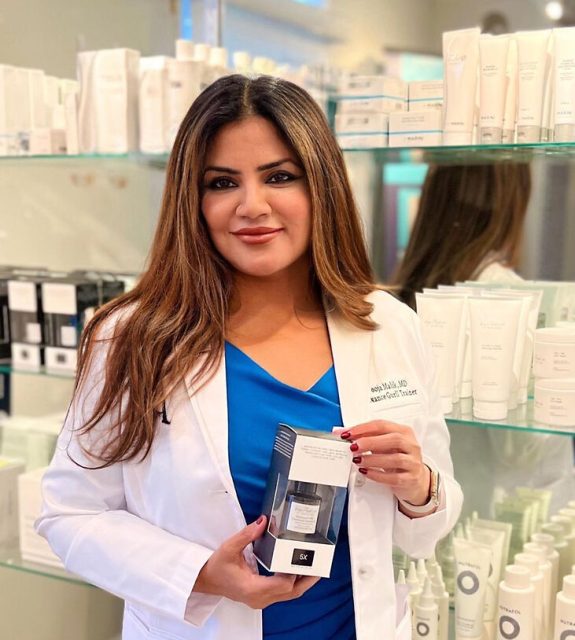 Photo Credit: Shutterstock
Photo Credit: Shutterstock
You may know Erin Andrews as the Fox Sports sideline reporter who regularly covers the scores and tackles made during the NFL’s biggest games of the week. However, you may not know that this 43-year-old sportscaster tackles her own plays in her personal life. On Wednesday, she shared a powerful essay on Bulletin about her fertility journey and undergoing her seventh round of in vitro fertilization (IVF) treatments.
Since the age of 35, Andrews has endured the “time-consuming and emotionally draining process” of going through IVF treatments. Now, she feels it’s finally time to open up about the experience that she and many others encounter, which remains “just not talked about.”
“I'm now 43, so my body is kind of stacked against me. I have been trying to do IVF treatment for a while now, but sometimes it doesn't go the way you want it. Your body just doesn't allow it,” Andrews wrote in her essay. “Every cycle is different in a woman's body, so some months are better than others. When I heard this was the best time to go through another treatment, I had to figure it out all over again. How am I going to juggle this treatment on top of my work schedule? I got so stressed out. When this happens, it really makes you question: is it the future of my family or is it my job?”
View this post on Instagram
Despite holding her longtime post as a sideline reporter and even being married to retired NHL player Jarret Stoll, Andrews candidly shared that women in her industry feel the need to keep situations like these quiet: “It's so common that people are starting families late and put so many other aspects of their lives on hold. I decided that this time around, I would be open with my show producers about having to come to work a little later than normal because I was attending daily fertility appointments. And I am thankful I did.”
According to the American Pregnancy Association, IVF treatments involve obtaining eggs from the ovaries and inseminating them with sperm in a lab before inserting the fertilized embryo into a woman’s uterus. And according to the Mayo Clinic, it takes about three weeks to complete one full cycle of IVF and about 12 to 14 days after egg retrieval to detect a pregnancy via blood testing. Nevertheless, the chances of giving birth to a healthy baby after IVF depend on several factors, such as age, reproductive history, and lifestyle habits.
Though it might be more difficult to get pregnant in your 40s, Haute MD expert and fertility specialist Dr. Brian Levine suggests that older women struggling with conception explore advanced reproductive technologies like intrauterine insemination (IUI), IVF, or using donor eggs. Additionally, he noted that the uterus is an organ that doesn’t age like the ovaries and can work well for a woman in her early to mid-50s.
Instead of feeling ashamed of her fertility issues, Andrews believes that women need to give themselves more love. With that, she hopes to change the conversation about IVF because “you never know who else is going through it.”
























